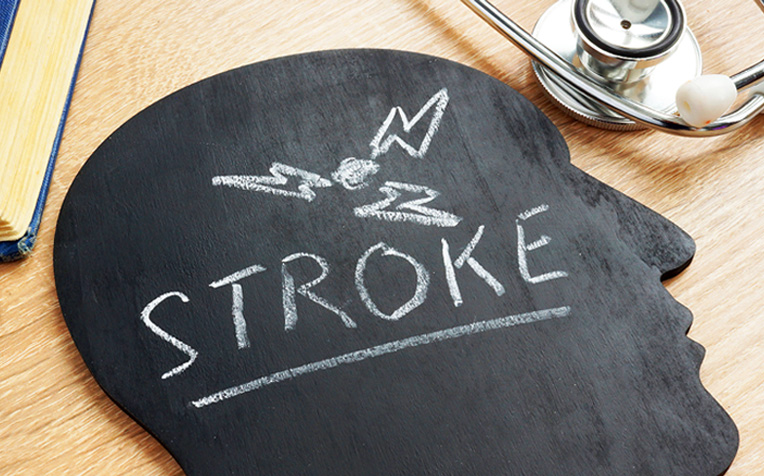
Imagine going to bed feeling fine then waking up with symptoms of stroke. This happens to
more than 1,000 people in Singapore every year and is known as a 'wake-up' stroke.
"When
stroke strikes, it is often painless, so if it happens while someone is asleep it usually does not wake them up. The person only realises that something is wrong when they experience the symptoms of stroke when getting up, such as weakness on one side of the body as they get out of bed, noticing one side of their face drooping while looking in the mirror, or speech difficulties when they talk to someone," explains
Associate Professor Deidre Anne De Silva, Head and Senior Consultant from the
Department of Neurology at
National Neuroscience Institute (NNI), a member of the
SingHealth group.
Read more:
Stoke prevention – 10 Things you can do
If you or a family member has any of these symptoms at any time, call
995 immediately for an emergency ambulance. Fast emergency care increases the chance of a good recovery, as some treatments need to be given within a certain amount of time from when stroke symptoms first start.
When the stroke happens during sleep, there are no witnesses to advise medical staff on when symptoms started, but brain scans can help doctors determine how long ago the stroke happened and sometimes treatment can still be given to dissolve or remove the blood clot that caused the stroke.
Patients with wake-up stroke who receive such treatment have less long-term disability compared to those who are not able to have the treatment because they arrive at hospital too late. That is why it is so important to seek emergency care immediately when symptoms of stroke are first seen – DO NOT go back to bed to try to sleep off the symptoms!
Read more:
Foods to lower cholesterol – What to eat and avoid
Why does stroke happen during sleep?
A stroke can happen to anyone at any time. We spend about 6 to 8 hours asleep every night – this is a significant proportion of our time and explains why a stroke sometimes occurs during sleep.
In addition,
obstructive sleep apnoea (OSA) can increase stroke risk during sleep. OSA causes breathing to be reduced or stop temporarily. This results in less oxygen in the blood, increasing the possibility of stroke. Snoring and daytime sleepiness are common signs of OSA.
OSA can also trigger an irregular heart rhythm pattern called
atrial fibrillation which is a risk factor for stroke. Atrial fibrillation causes blood to pool in the heart chambers making it easier for blood clots to form.
Both atrial fibrillation and OSA can be treated with medication, medical devices and / or lifestyle changes, lowering your risk of stroke and other health complications.
Read more:
Heart palpitations – How to know if it is serious
--
Articles on
HealthXchange.sg are meant for informational purposes only and cannot replace professional surgical, medical or health advice, examination, diagnosis or treatment. Photo courtesy of iStock.